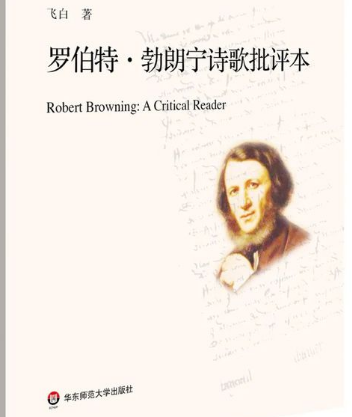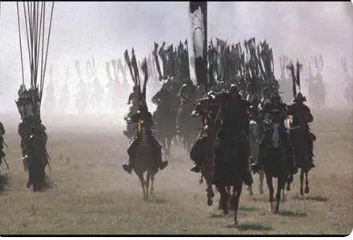In the feudal society of China, the imperial examination system, as a way to select officials, held significant historical importance. However, despite its success in achieving a certain degree of fairness in talent selection, it still failed to completely break the monopoly of the upper class. This article will explore the limitations of the ancient imperial examination system in breaking the upper-class monopoly.

I. Original Intent and Impact of the Imperial Examination System
The imperial examination system originated in the Sui and Tang dynasties, aiming to recruit talented individuals to replenish the bureaucratic system. The implementation of this system provided many ordinary people with the opportunity to enter the officialdom, thus achieving a certain degree of social mobility. Simultaneously, it promoted the development of cultural education and raised the cultural level of the entire society.
II. Limitations of the Imperial Examination System in Breaking the Upper-Class Monopoly
1. Economic Constraints: Participating in the imperial exams required a certain economic foundation, such as purchasing books and hiring tutors. For impoverished families, these costs could be unbearable, thus limiting their opportunities to take the exams.
2. Geographical Differences: Due to limitations in transportation, communications, and other conditions, talents from remote areas had difficulty participating in the imperial exams. This led to the imperial examination system exacerbating inter-regional inequalities to some extent.
3. Interpersonal Relationships and Family Influence: In the feudal society, interpersonal relationships and family backgrounds were crucial to one's success. Sometimes, even if someone passed the imperial exams, they might still find it difficult to obtain positions of real power without strong backing.
4. Disconnection between Exam Content and Actual Needs: The content of the imperial exams often focused on Confucian classics and literary proficiency, neglecting the skills and knowledge required for practical work. This excluded some talented individuals who did not meet the exam standards.
III. Conclusion
In summary, although the ancient imperial examination system achieved a certain degree of fairness in talent selection, it still failed to completely break the monopoly of the upper class due to various reasons such as economic conditions, geographical differences, interpersonal relationships, and exam content. This also reflects the dilemmas under the historical background of the feudal society. Nevertheless, as an important institutional innovation in Chinese history, the positive significance of the imperial examination system cannot be overlooked. We should draw lessons from it to provide reference for fairness and development in modern society.
Disclaimer: The above content is sourced from the internet and the copyright belongs to the original author. If there is any infringement of your original copyright, please inform us and we will delete the relevant content as soon as possible.































